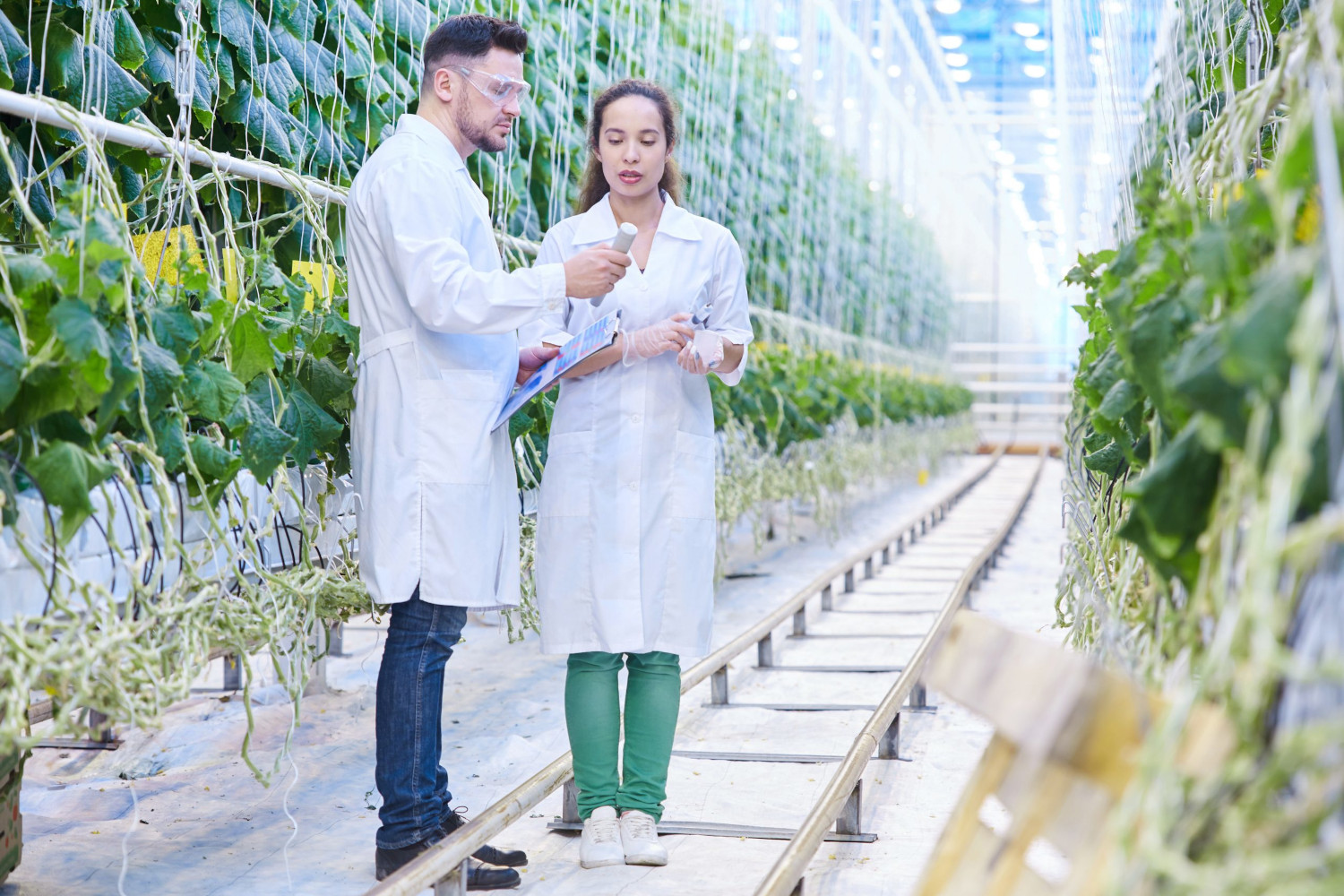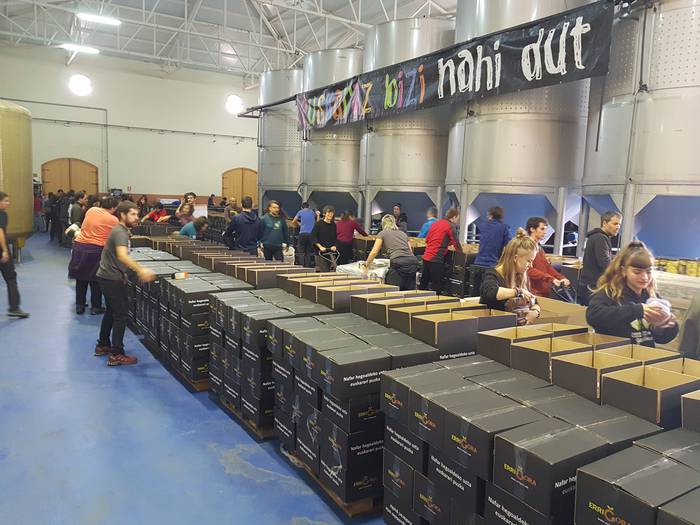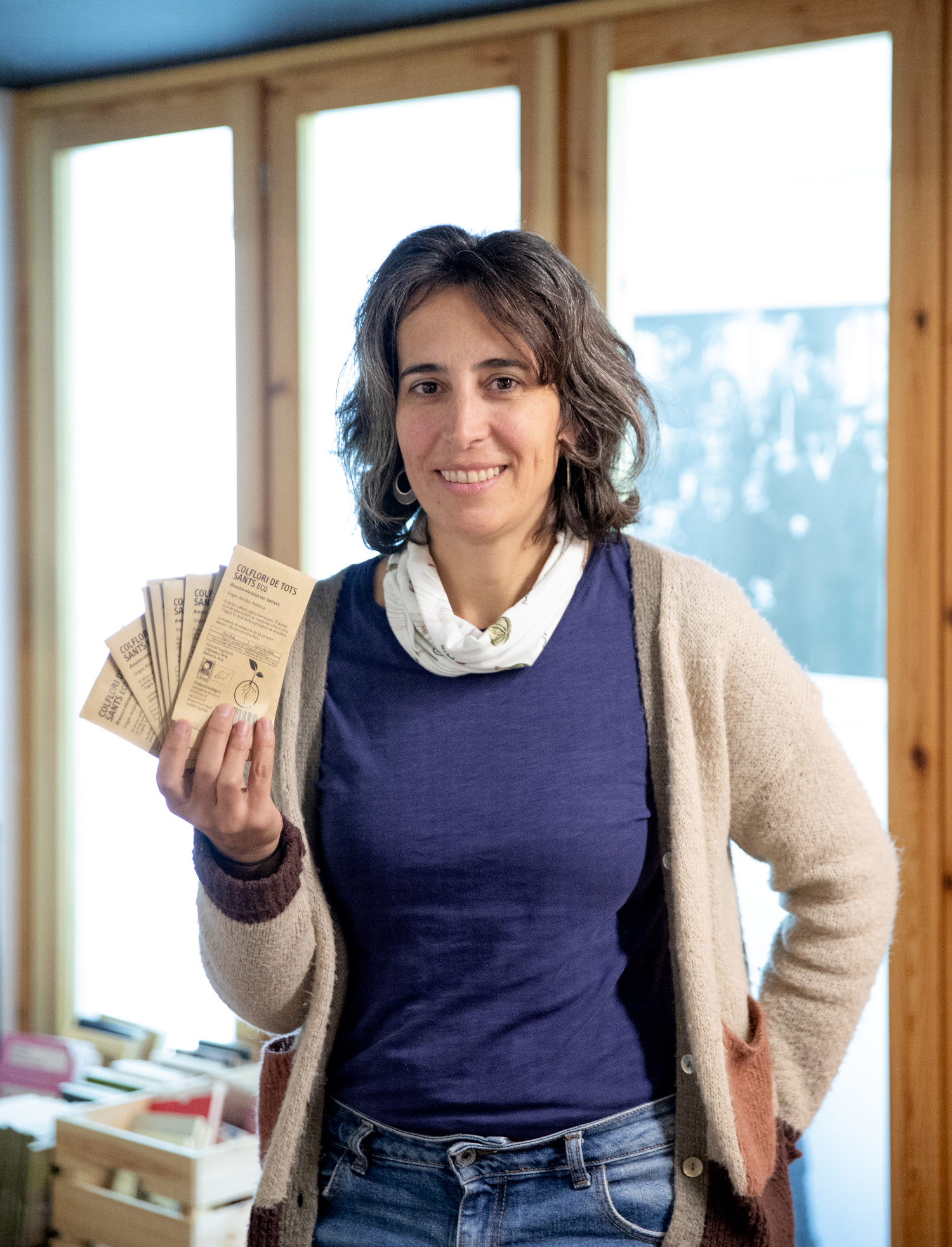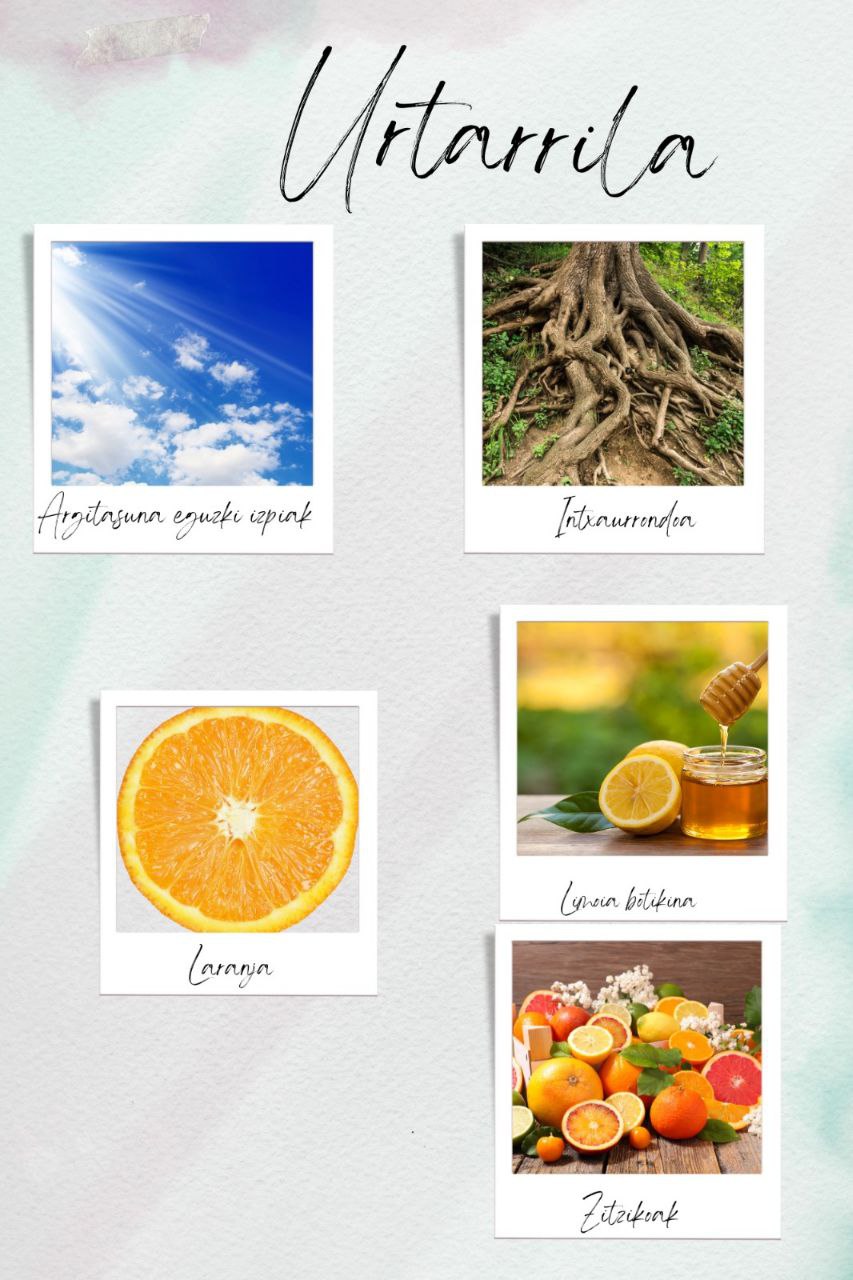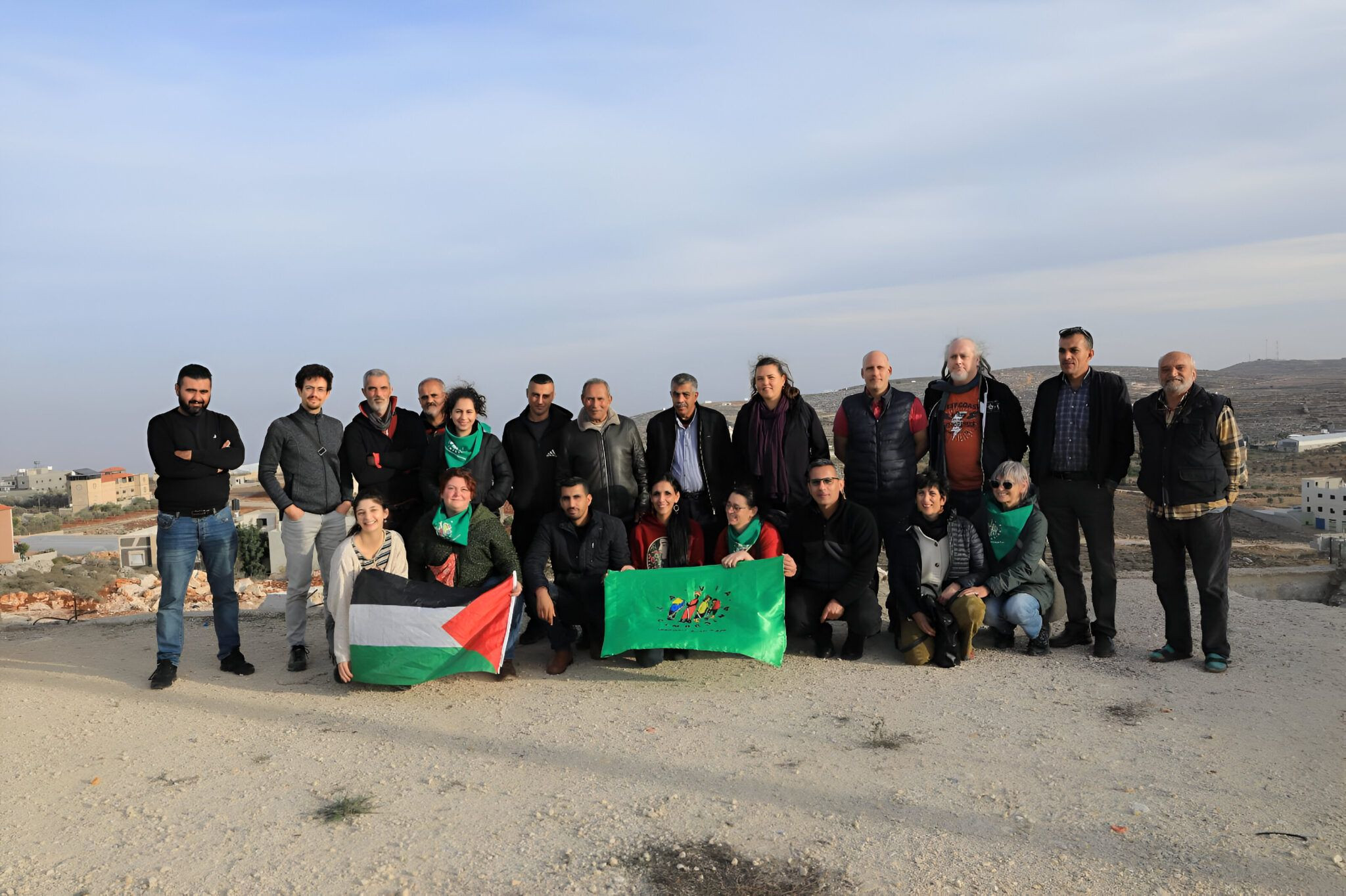Ausolan, enlarge -- a giant on the table of the little ones.
- The hospitality industry and the catering company that serves the majority of dining rooms in public schools in the Basque Country are already among the largest in Europe.

With the beginning of the course, thousands of children will eat again in the dining room of their schools. Considering this reality, the collective Carro de Lucha and the agroecological association Del Campo al cole have published a report on school canteens in the Spanish state. According to the authors, in recent years the business model has been imposed to increase the profits of large corporations, “to the detriment of food sovereignty, local development and good food”.
They have also provided data that 58% of the state market for school canteens is in the hands of five large companies, including Ausolan, which distribute a “cake” of 630 million euros.
The companies of Ausolan, of the cooperative group Mondragon – Auzol Lagun, Goñi and Magui – have obtained the majority of the 18 “lots” or geographical areas awarded by the Basque Government; in Navarra it owns the company Jangarria and in Iparralde it has created the brand Ausolan Pays Basque. Since 2003, the awarding of school canteens in the CAV has been a source of irregularities and fraud for the creation of a cartel among companies.
Ausolagun also grows outside the Basque territories, and in 2018 it is made with the company Central Kitchens, which employs 800 people in Madrid and Castilla-La Mancha. According to the report, the company already has 10% of the market share of school canteens in Spain. In addition, he is trying to make the leap to South America: In Chile it has been done with the property of a hospitality company that supplies supermarkets and oil companies.
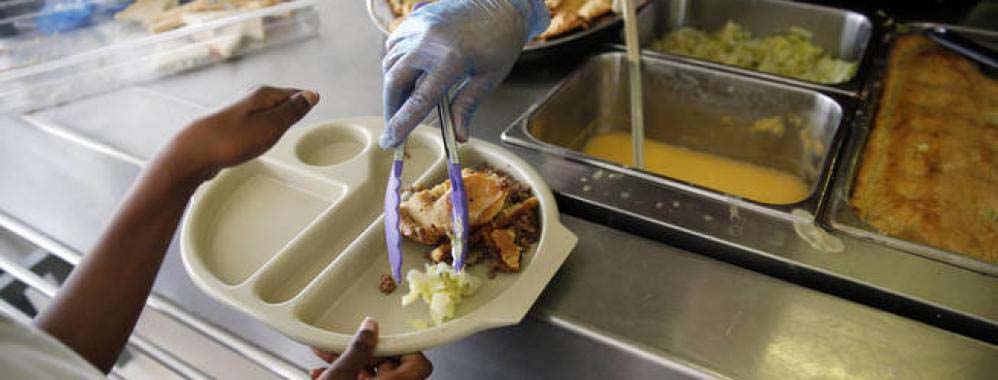
In the MacDonald’s league, where is food sovereignty?
In the ranking of companies of the hospitality industry in Europe, it is already among the largest: Ausolan plays in the league of multinationals such as McDonald’s or Compass. The group closed 2015 with sales of €195 million and expects to reach €225 million in 2018.
With a study (pdf) carried out by EHIGE last year, members of Combat Cart have explained that the number of boys and girls remaining in the dining room has multiplied by ten in the last 15 years, around 100,000. As they have pointed out, of the 413 public centers of the CAV, only a few are the canteens that have "own management".
The authors of the report believe that fair and sustainable alternatives must emerge in the face of the “hegemonic” model: “When we talk about food sovereignty, we mean not only that people have the right to eat food that is healthy and linked to their culture – in the face of the feeding of the agro-industrial model of global capitalism – but also that people have the right to decide how to produce and consume their food.”
Bizkaigane elkarteak elikadura burujabetzan oinarritutako proiektua du Errigoitin (Bizkaia), 1983tik. Instalazioak dauden lur eremutik aterarazi nahi du lur jabeak elkartea. EHNE Bizkaia sindikatuak adierazi duenez, instalazioek lege eta administrazio eskakizun guztiak betetzen... [+]
Martxoaren 10etik 26ra izango da udaberriko kanpaina. 'Beste modura, denona de onura' lelopean arituko dira gertuko ekoizpena, banaketa eta kontsumoa babestu eta sustatzeko, ager zonaldean euskara hauspotzen duten bitartean. Apirila amaieratik aurrera jasoko dira... [+]
Euskal Herriko bi muturretatik datoz Itziar (Bilbo, 1982) eta Ekaitz (Erriberri, 2002), sortzen ari den Burujabetzaren Aldeko Mugimenduaren berri ematera. Euskal Herrian diren burujabetza prozesu ugariak arloz arlo bultzatu eta indartu nahi ditu BAMek. Lan horretan hasteko,... [+]
Emakume bakoitzaren errelatotik abiatuta, lurrari eta elikadurari buruzko jakituria kolektibizatu eta sukaldeko iruditegia irauli nahi ditu Ziminttere proiektuak, mahai baten bueltan, sukaldean bertan eta elikagaiak eskutan darabiltzaten bitartean.








